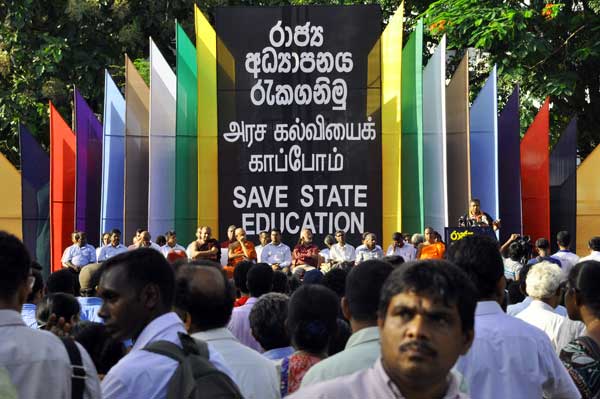Reply To:
Name - Reply Comment
Last Updated : 2024-04-20 00:11:00
.jpg) Modern states have the prerogative to extract a major part of the social surplus from economically active citizens and use it for purposes that are supposed to benefit the wider population. With increasing productivity due to technological advancement, improvement of health and nutritional status of the population, increasing life expectancy and the development of human resources through education and training, the state has been able to extract a large share of the increasing social surplus produced by the adult population. The surplus so extracted is used for diverse purposes the mix of which depends on the nature of the state and its public policies.
Modern states have the prerogative to extract a major part of the social surplus from economically active citizens and use it for purposes that are supposed to benefit the wider population. With increasing productivity due to technological advancement, improvement of health and nutritional status of the population, increasing life expectancy and the development of human resources through education and training, the state has been able to extract a large share of the increasing social surplus produced by the adult population. The surplus so extracted is used for diverse purposes the mix of which depends on the nature of the state and its public policies..jpg)


Add comment
Comments will be edited (grammar, spelling and slang) and authorized at the discretion of Daily Mirror online. The website also has the right not to publish selected comments.
Reply To:
Name - Reply Comment
On March 26, a couple arriving from Thailand was arrested with 88 live animal
According to villagers from Naula-Moragolla out of 105 families 80 can afford
Is the situation in Sri Lanka so grim that locals harbour hope that they coul
A recent post on social media revealed that three purple-faced langurs near t